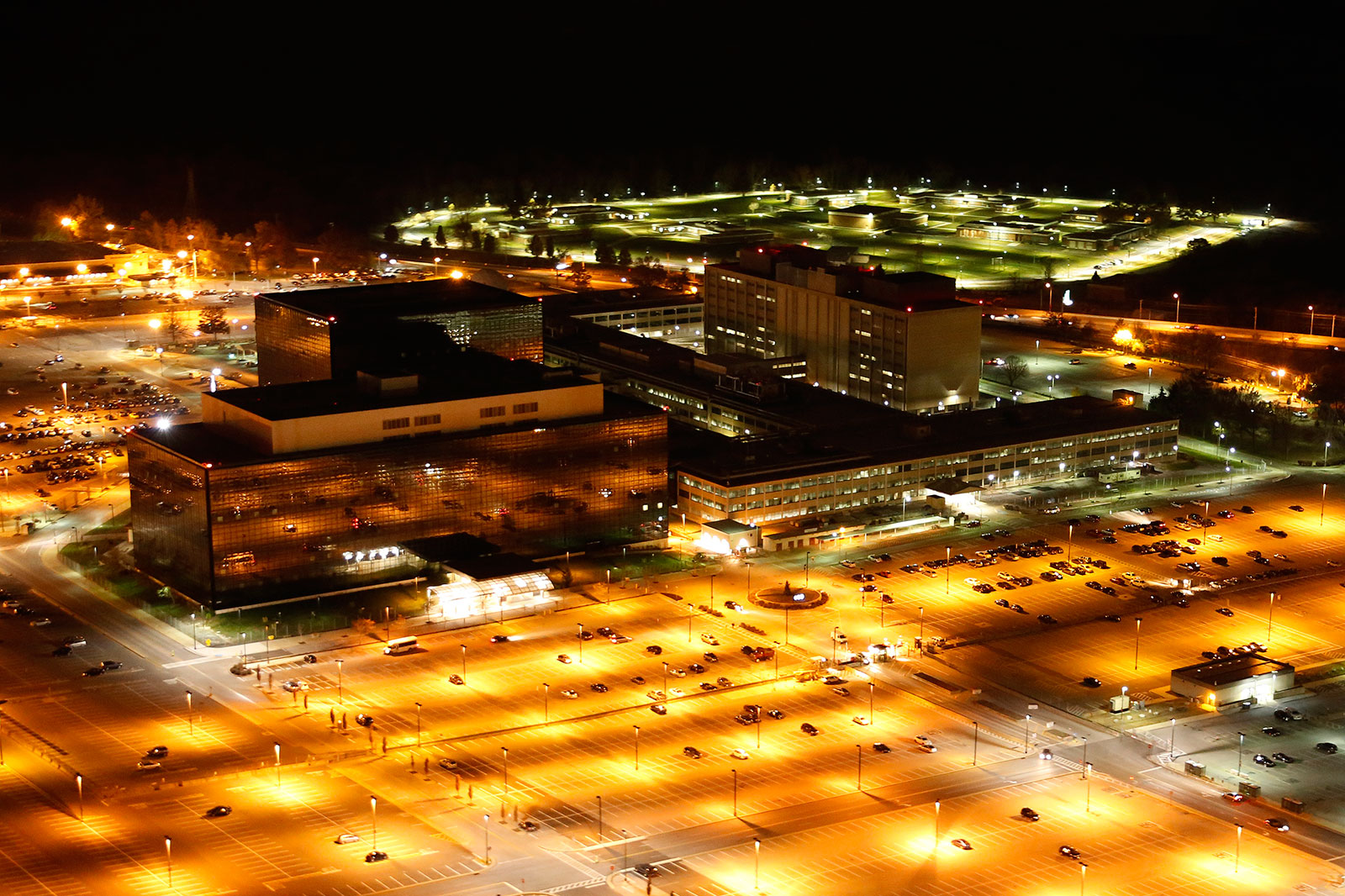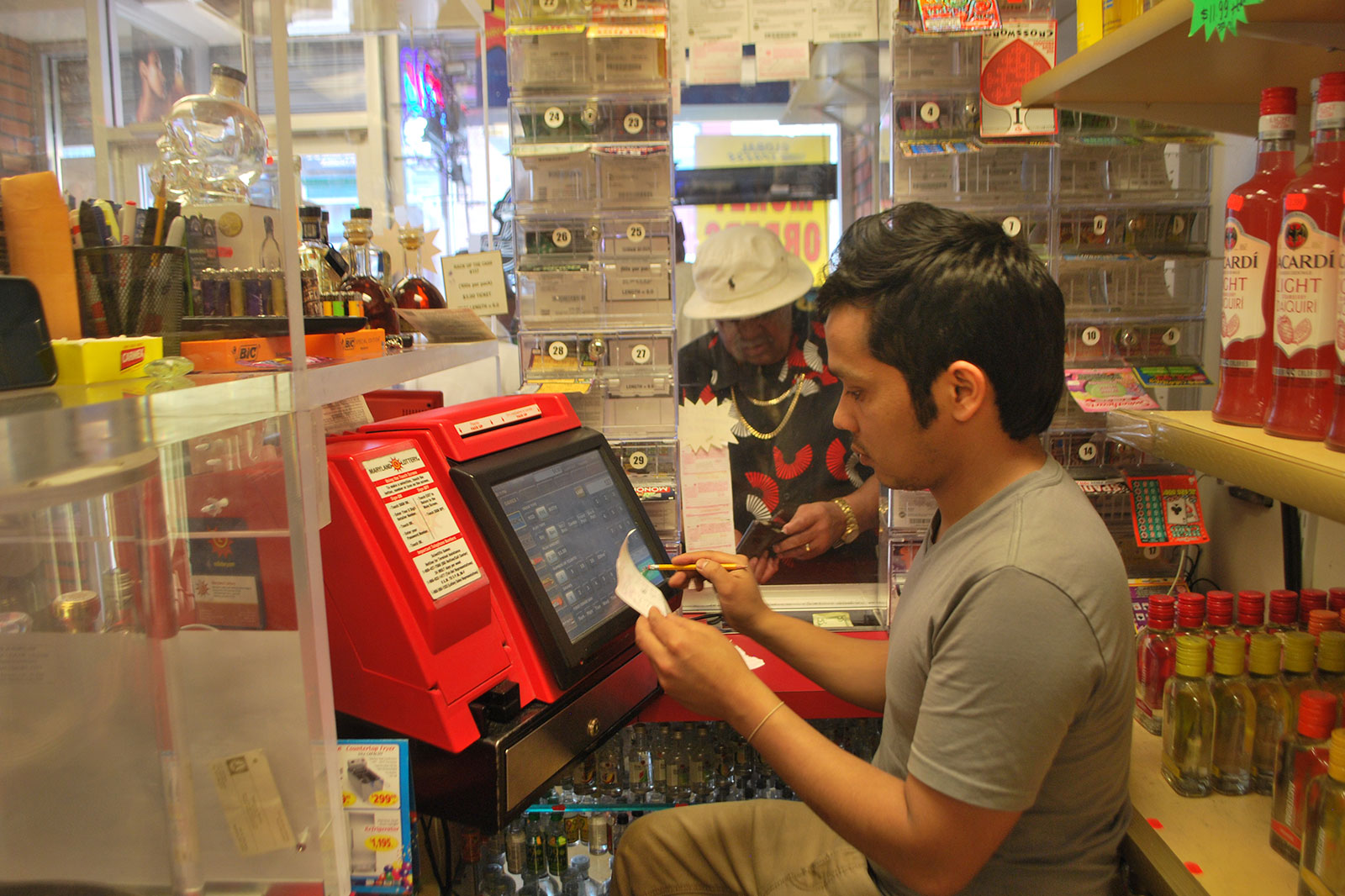Editor's Note: Capital News Service has edited the Spring 2014 cover story, “State Programs to Help Gambling Addicts Not Keeping up with Expansion of Casinos,” to remove content drawn from a companion profile story. (See “Behind on His Rent, A Young Gambler Agrees to Give Up the Casino.”) Although the subject of the profile initially confirmed the information to this story’s author and to a fact checker, the profile author and the subject of the profile have since told CNS that all facts other than the subject’s name, occupation and city of residence are false.
COLLEGE PARK - A state program to help people with gambling addictions has been providing them with an online list of therapists -- a list riddled with wrong or disconnected numbers, names of counselors who don’t treat gambling addiction, and references to others who didn't answer or return calls.
The list had so many discrepancies that a person seeking help had less than a 50 percent chance of finding a therapist on his or her first try, a Capital News Service investigation found.
The state’s Center of Excellence on Problem Gambling, which created the list, took the numbers down after CNS inquired about the discrepancies.
“There's no question it needs to be looked at, and that's something that we're working on,” said Lori Rugle, the center's program director.
But behind the list's troubles lies a bigger problem: The state has been slow to deliver on its promise to address problem gambling after the legislature legalized slots in 2008.
The first casino opened in 2010, followed by three more in quick succession. A 2012 referendum expanded gambling to table games. Now a fifth casino is set to open in Baltimore later this year and a sixth at National Harbor in 2016.
Yet between 2010 and 2012, more than half of the $1.7 million that the state budgeted for problem gambler programs went unspent. The delay left a training program for gambling addiction counselors lagging behind the casino industry's rapid expansion—making it a challenge for the center to create a list of qualified therapists.
Simon Powell, a principal policy analyst at the state’s Department of Legislative Services, said there was no hurry among state officials to launch the programs because there is a delay between when gambling problems “manifest themselves” and when state-funded programs can be developed to address them.
But Keith Whyte, executive director of the National Council on Problem Gambling, said the state's programs should have been ready to go before the first casino opened.
“There’s no question Maryland dropped the ball initially,” Whyte said.
“The fact that they didn’t have the resources in place ahead of time has probably set Maryland behind years,” Whyte said. “There's a number of people out there who need help who can't get help and they've needed it for a long time.”
Risks higher for casino neighbors
The original casino legislation in 2008 required the Department of Health and Mental Hygiene to produce a report on how many Marylanders gambled and what percentage had gambling addictions.
The report, released in 2011, found that 15.3 percent of nearly 6,000 adults surveyed said they gambled weekly on the lottery or in casinos. Roughly 3.4 percent were at risk of a gambling addiction, the study found—close to the national average of 3.9 percent.
Nearly half of those at risk were pathological gamblers, meaning that they were unable to resist impulses to gamble that could lead to severe personal or social consequences. The rest were classified as problem gamblers, a slightly less severe diagnosis, defined as a person with an urge to continue gambling despite the harmful consequences.
The study cited two U.S. national surveys that found a relationship between the availability of casino gambling and the prevalence of problem gambling.
One of the studies found that the population living within 50 miles of a casino had double the rate of pathological gambling compared to those living 50 to 250 miles away. The other found that those living within 10 miles of a casino had a 90 percent greater chance of being a problem gambler than those who didn’t live as close.
There are at least 614,000 adults living within a 10-mile radius of the casinos in Perryville, Ocean Downs, and Hanover, all of which opened before the state had any programs in place to help them, a CNS analysis of census data found.
Slow Start
Each casino in Maryland is required to pay the state an annual fee that's earmarked for problem gambling programs -- $425 per slot machine, and since 2012, $500 per table game.
The state legislature put the Department of Health and Mental Hygiene in charge of managing the fund and developing the programs.
The money began flowing in 2010, when Maryland's first casino, Hollywood Casino in Perryville, opened and contributed $639,000. Nearly $500,000 went to pay for the gambling study and about $20,000 was earmarked for a 24-hour hotline run through the Department of Health and Mental Hygiene.
The rest, $119,000, was carried over into the next fiscal year, when the fund grew to $1 million with the opening of the casino at Ocean Downs. But there was no place for the money to go.
In summer of 2012, at the end of the state’s fiscal year, Gov. Martin O'Malley took $950,000 of the problem gambling funds back to help the state through a budget crisis as Maryland emerged from the recession.
“I mean, the money was just sitting there,” said David Juppe, senior operating budget manager at the Department of Legislative Services, who monitored the bill to authorize the transfer.
The fund grew to $3 million in fiscal 2013, and this time the Department of Health and Mental Hygiene was ready. The agency allocated $2.3 million to create the Center of Excellence on Problem Gambling at the University of Maryland School of Medicine in Baltimore. By then, Maryland Live!, the state's largest casino, had opened in Hanover.
The center was given broad responsibilities to conduct research, increase public awareness, and run the hotline.
The center’s first order of business was to train counselors to deal with an increase in problem gamblers.
The center hosted education programs around the state for mental health therapists as well as the public.
More than 2,600 people attended programs that ranged from one-hour introductory talks to two-day trainings, according to the center's 2012-2013 annual report. More than 380 addiction and mental health counselors completed 15 hours or more of training, the report said.
The center also offers an 8-step, 60-hour program on gambling addiction for substance abuse therapists, Rugle said. She said she did not know how many have completed that program.
Advanced training needed
Timothy Newnan, director of the Maryland Association of Gambling Addiction Counselors, said he applauds the center's efforts but questioned whether enough therapists are receiving the advanced training needed to be able to treat gambling addicts effectively.
“Clearly, more than an introductory course is needed,” he said. “Gambling is about 80 percent similar to alcohol and drug addictions, but that other 20 percent is not well known.”
The center's online list of specialists is drawn from the training participants who say they are willing to have patients with gambling issues referred to them, said Rugle, the problem gambling center’s director. She said she did not know how many have gone through the full curriculum.
The list of gambling counselors is posted on the website of the Maryland Alliance for Responsible Gambling, a coalition of state agencies, casinos and mental health organizations formed in 2010 to “provide helpful information and support for Marylanders with gambling problems.”
The list's discrepancies came to light when the Capital News Service began calling the phone numbers to interview counselors and found many who said they didn't offer gambling counseling.
So reporters called all 102 phone numbers on the list at the time.
Thirty-nine counselors said they provided treatment for gambling addicts. Sixteen said they don't provide that type of treatment at all. Eleven were wrong numbers, five were disconnected, and 31 were called multiple times over the course of weeks without ever receiving a response, even after leaving voicemails.
Rugle said she was puzzled by the findings.
“A lot of times I think it's people who come in for training, but don't tell other people on their staff that they ever received training,” she said. “I don't understand why someone would come in and say 'Yes, I'm willing to help,' and then go back out and say no,” she said.
The list will be fixed, she said.
The Center staff is determined to be prepared for the next two casino openings, Rugle said. Horseshoe Casino in Baltimore is expected to open in late summer and the state's largest casino, MGM at National Harbor in Prince George’s County, is set to open in 2016.
“It's an opportunity that wasn't there before,” she said. “We're glad to take advantage of it.”
The center is working with six public schools to begin a youth education program and has hired two media groups to create short Youtube videos, Rugle said.
“Sure it would have been nice to get out in front of the issues, but you work with where you're at,” said Christopher Welsh, medical director at the center. “I think we're working very hard to do what we can to change the issue.”
The center has a tough job ahead of it, said Keith Whyte, from the National Council on Problem Gambling.
“Maryland deserves a lot of credit for finally starting to turn it around,” he said. “But when you've deliberately neglected an issue for so long, it's hard to imagine you'll ever get ahead of it.”





